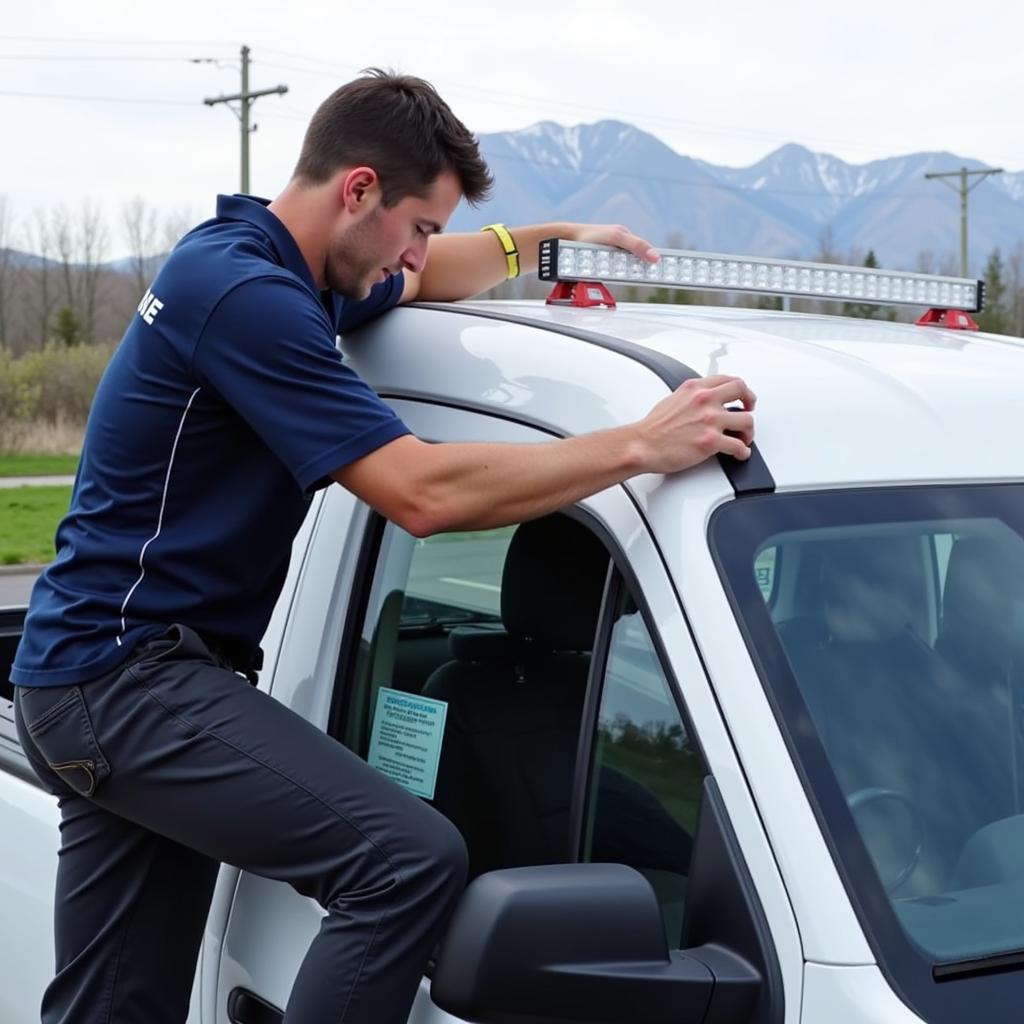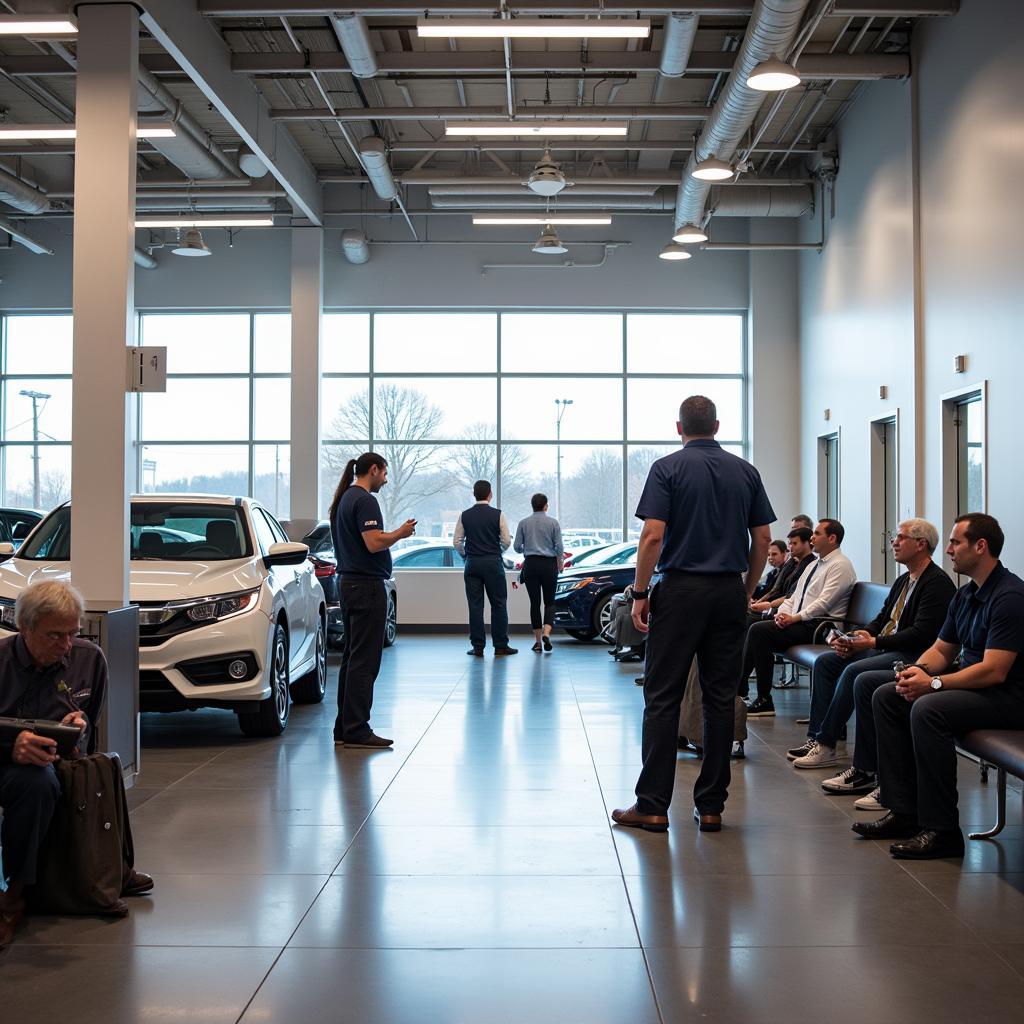Do Fleet Service Technicians Put Lights on Cars?
Fleet service technicians are the unsung heroes of the automotive world, keeping fleets of vehicles running smoothly and efficiently. They handle a wide range of maintenance and repair tasks, from oil changes and brake inspections to engine diagnostics and component replacements. But do their responsibilities extend to installing lights on vehicles? Let’s shed some light on this question.
While fleet service technicians are highly skilled in various aspects of vehicle maintenance, installing lights, especially aftermarket ones, might not fall under their typical scope of work. Here’s why:
Understanding the Role of a Fleet Service Technician
Fleet service technicians primarily focus on preventative maintenance and repairs that keep vehicles operational and safe. Their expertise lies in:
- Routine Maintenance: Oil changes, filter replacements, tire rotations, fluid checks, and scheduled inspections.
- Mechanical Repairs: Diagnosing and fixing issues related to brakes, suspension, steering, exhaust systems, and other mechanical components.
- Electrical System Troubleshooting: Identifying and resolving problems with batteries, alternators, starters, and basic electrical circuits.
When Lights Installation Might Come into Play
While installing complex lighting systems might not be a core responsibility, fleet service technicians might handle light-related tasks in certain situations:
- Replacing Burnt-Out Bulbs: Swapping out a faulty headlight, taillight, or turn signal bulb is a common task that fleet technicians often perform.
- Basic Lighting Repairs: They might diagnose and fix issues with wiring harnesses or connections related to existing lights.
- Fleet-Specific Installations: Some fleets, like emergency vehicles or construction equipment, require specialized lighting setups. In such cases, fleet technicians with the necessary training and expertise might handle the installation.
Why Specialized Shops Are Often Preferred for Light Installations
Installing aftermarket lighting systems, especially those involving complex wiring, relays, and modifications, is best left to specialized automotive electricians or car audio/accessories shops. Here’s why:
- Specialized Expertise: These professionals possess in-depth knowledge of automotive electrical systems and lighting technologies.
- Advanced Equipment: They have access to specialized tools and diagnostic equipment required for complex installations.
- Warranty and Liability: Reputable shops often provide warranties on their work, offering peace of mind and protection against potential issues.
 Technician installing an LED light bar on a truck
Technician installing an LED light bar on a truck
Finding the Right Professional for Your Needs
If you need lights installed on your fleet vehicles, consider these factors:
- Complexity of the Installation: For basic bulb replacements or minor repairs, a fleet service technician might suffice. However, for aftermarket systems or intricate setups, opt for a specialized shop.
- Experience and Reputation: Choose professionals with a proven track record and positive customer reviews in handling similar installations.
- Warranties and Guarantees: Inquire about warranties on both parts and labor to protect your investment.
Conclusion
Fleet service technicians play a crucial role in maintaining the operational integrity of vehicle fleets, focusing on essential maintenance and repairs. While they are adept at handling basic light-related tasks, specialized shops are better equipped for complex installations. By understanding the scope of each profession, fleet managers can make informed decisions to ensure their vehicles are always roadworthy and compliant with safety regulations.

